Service Seeks Reconciliation Over 1916 Lynching
Share
Breaking News!
Today's news and culture by Black and other reporters in the Black and mainstream media.
Ways to Support ABHM?
By the Associated Press, July 12, 2005
Senate apology inspires gathering for forgiveness, redemption
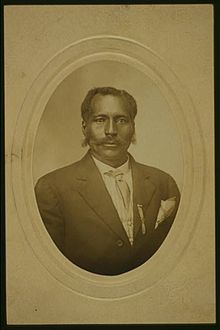
Anthony Crawford, a prosperous farmer and educated man, was lynched for disputing the price for his cotton with WD Barksdale, a white buyer. Crawford's entire family was then run out of town and most of his estate was given to Barksdale
ABBEVILLE, S.C. — Eugene Crawford’s grandfather was killed by a mob after arguing with a white man over the price of cotton in 1916. It was a crime that was barely spoken of, but pain and fear stayed with older family members. After all, more was taken from the family than Anthony Crawford, a wealthy black farmer.
Two whites were appointed executors of Crawford’s estate, which included 427 acres of prime cotton land. His children inherited the farm, but the rest of the property and his cotton went to the white man with whom he had had a disagreement.
“It makes me angry,” Eugene Crawford, 81, of Philadelphia, said at a reconciliation service held by white church leaders Tuesday as an effort to atone for the lynching. “But I’m glad we’re coming together a little bit.”
Hundreds gathered at Friendship Worship Center in this small town in western South Carolina for the service, where white church leaders confessed the sins of their ancestors and apologized to blacks for the Anthony Crawford lynching and other racial strife that took place nearly a century ago.
“We forgive today for all the lynching that took place in this county and in the Southern states,” the Rev. Tony Foster told white church leaders. “We forgive you for all the churches that you burned and all the mobs that raped our women.” The Rev. Wendell Rhodes, the event’s organizer, stood beside Foster and wept as he spoke. The idea for the service came when Crawford’s lynching was highlighted during the U.S. Senate’s formal apology last month to the descendants of victims of lynchings.
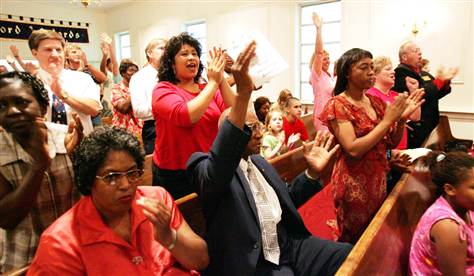
Engene Crawford, center, grandson of lynching victim Anthony Crawford, and his family react during a reconciliation service at Friendship Worship Center Tuesday in Abbeville, S.C. (Mary Ann Chastain / AP)
Members of Crawford’s family have been waiting for something like this for decades. Accounts say Crawford hauled a wagon-load of cotton into town to the mercantile store of W.D. Barksdale on Oct. 21, 1916.
Crawford was arrested after he accused Barksdale of cheating him by giving him less for his cotton than white farmers were receiving. Between 200 and 400 local residents hung him from a pine tree and riddled his body with 200 bullets, family members said. No one was ever tried for the killing.
Anthony Crawford is one of the hundreds of lynching victims to whom you can pay your respects in our Memorial to the Victims of Lynching.

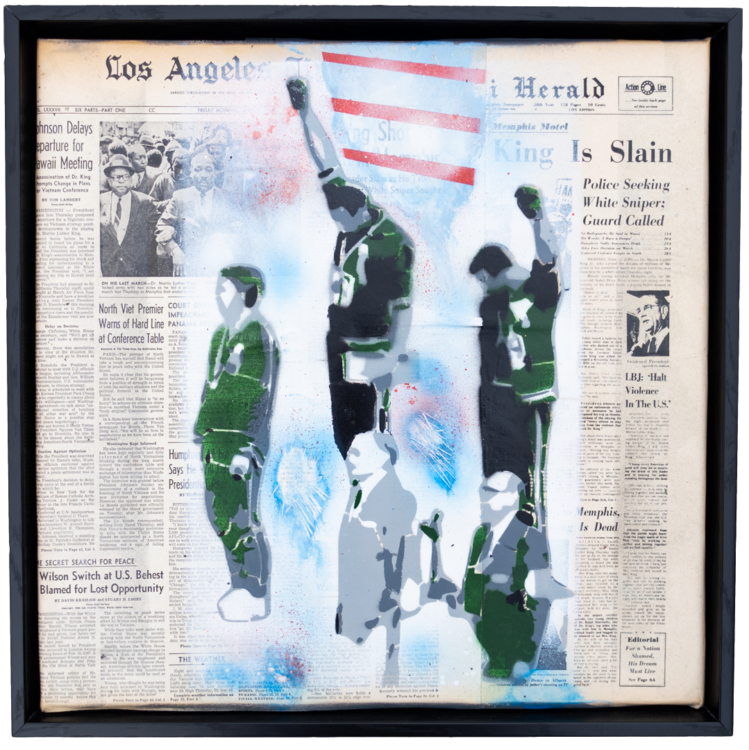
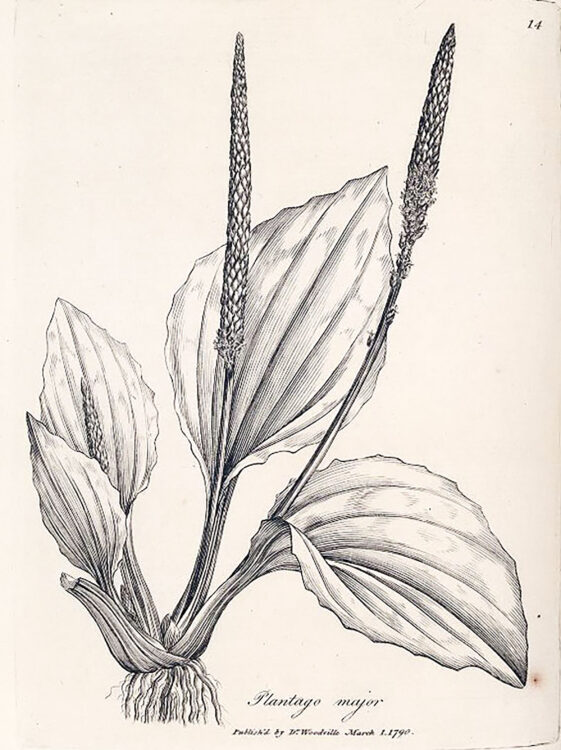
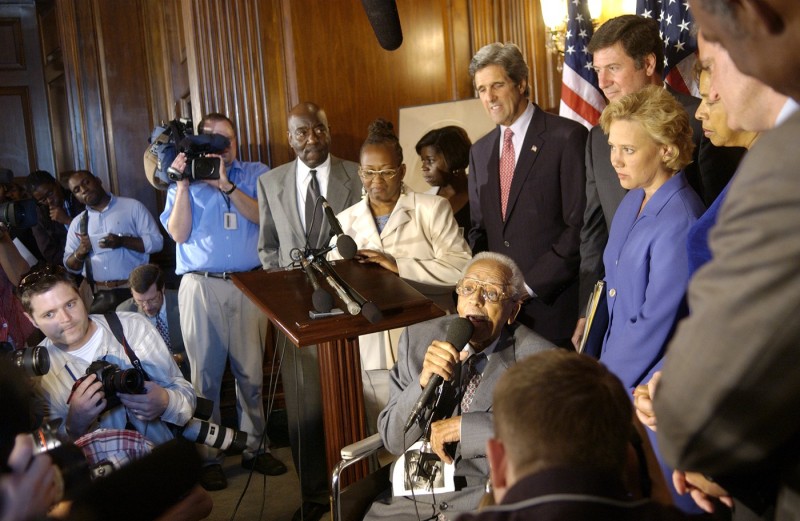
Comments Are Welcome
Note: We moderate submissions in order to create a space for meaningful dialogue, a space where museum visitors – adults and youth –– can exchange informed, thoughtful, and relevant comments that add value to our exhibits.
Racial slurs, personal attacks, obscenity, profanity, and SHOUTING do not meet the above standard. Such comments are posted in the exhibit Hateful Speech. Commercial promotions, impersonations, and incoherent comments likewise fail to meet our goals, so will not be posted. Submissions longer than 120 words will be shortened.
See our full Comments Policy here.